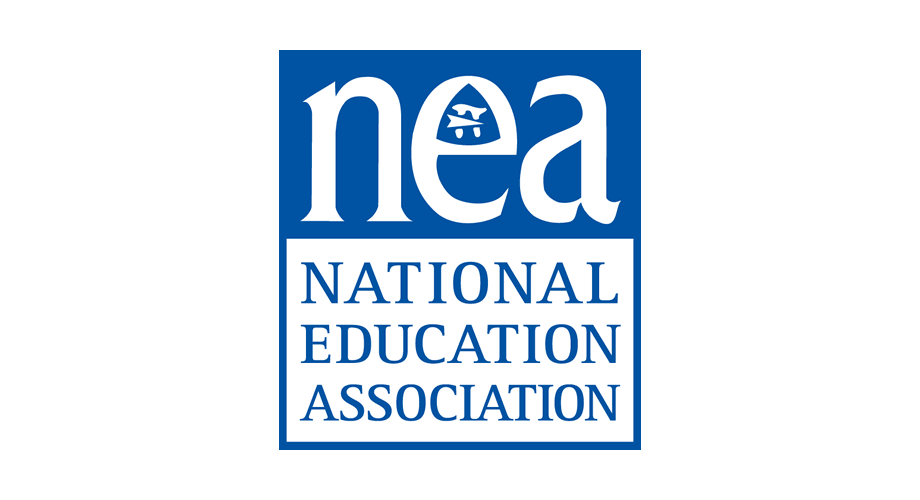National Teachers’ Union Representative Assembly Convenes

Happy Fourth of July! While the rest of America is celebrating Independence Day, the national teachers’ union (NEA) is conducting a day of business during its annual four-day Representative Assembly.
The National Education Association Representative Assembly is made up of around 8,000 delegates in charge of adopting a budget, passing resolutions, and taking action on other NEA policies, including voting by secret ballot on proposed amendments to the union’s Constitution and Bylaws. (Side note regarding secret ballot elections, the vast majority of Minnesota teachers in the classroom today have never voted in a union re-certification election because unions are not required to stand for re-election after being formed.)
Some interesting items of business:
Awaiting Action
Bylaw Amendment 1 [UPDATE: APPROVED]
To create a new membership category of “community ally.”
This amendment is back for a fifth time, despite NEA delegates voting the proposal down each time. It would redefine who counts as a member by extending NEA membership to anyone who “demonstrates support in advancing the cause of public education” and “advocates for the mission, vision, and core values of the Association” but does not work in public education. Because labor unions can only solicit political action committee contributions from members, opening up membership to non-educators allows the union to conduct unrestricted political communications with them, according to ace union reporter Mike Antonucci’s analysis of the proposal.
For the low, low price of $25 a year a community ally would receive electronic communications from NEA, discounts at local restaurants, and the status to be legally solicited for political action committee contributions.
It is no secret NEA’s PAC (the NEA Fund for Children and Public Education) spends millions to support candidates and causes primarily on the left, despite this political affiliation not being reflective of all its members. Is NEA’s proposal to broaden the scope of who can have union membership a safety net for its political power? Does the union fear its members will assess its representation and find it wanting?
Bylaw Amendments 5 & 6 [UPDATE: APPROVED]
To permit the Association…to establish a trusteeship over a local affiliate.
To establish specific procedures by which a state or local affiliate may terminate its affiliation with the National Education Association.
A local teachers’ union affiliates with both the state teachers’ union and the NEA, its national affiliate (in Minnesota, we are one of few states to affiliate with both national teachers’ unions, the NEA and AFT). Teachers cannot choose to be members of their local union only; the state and national unions come along as a packaged deal, and teachers pay dues to each one.
But there has been interest in breaking free from the national union—NEA has lost two of its largest local affiliates in the past three years—and these proposals would be NEA’s way of making that secession challenging, according to Mike Antonucci.
Stay tuned for happenings from Day 2 of the RA.
